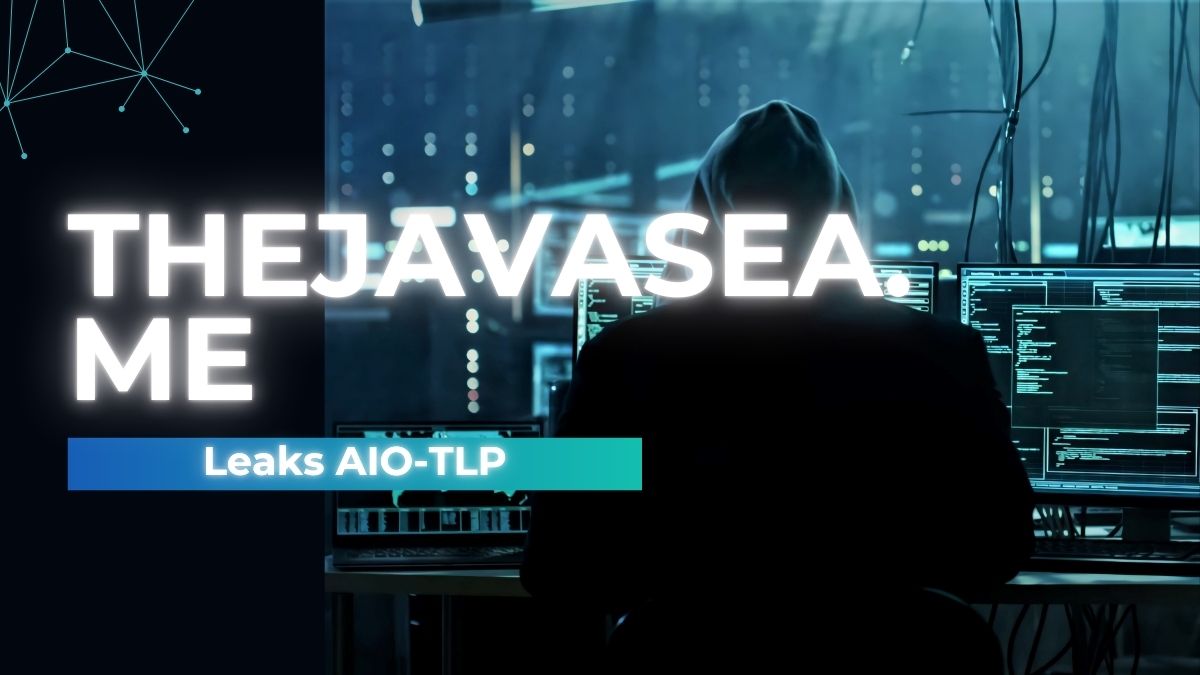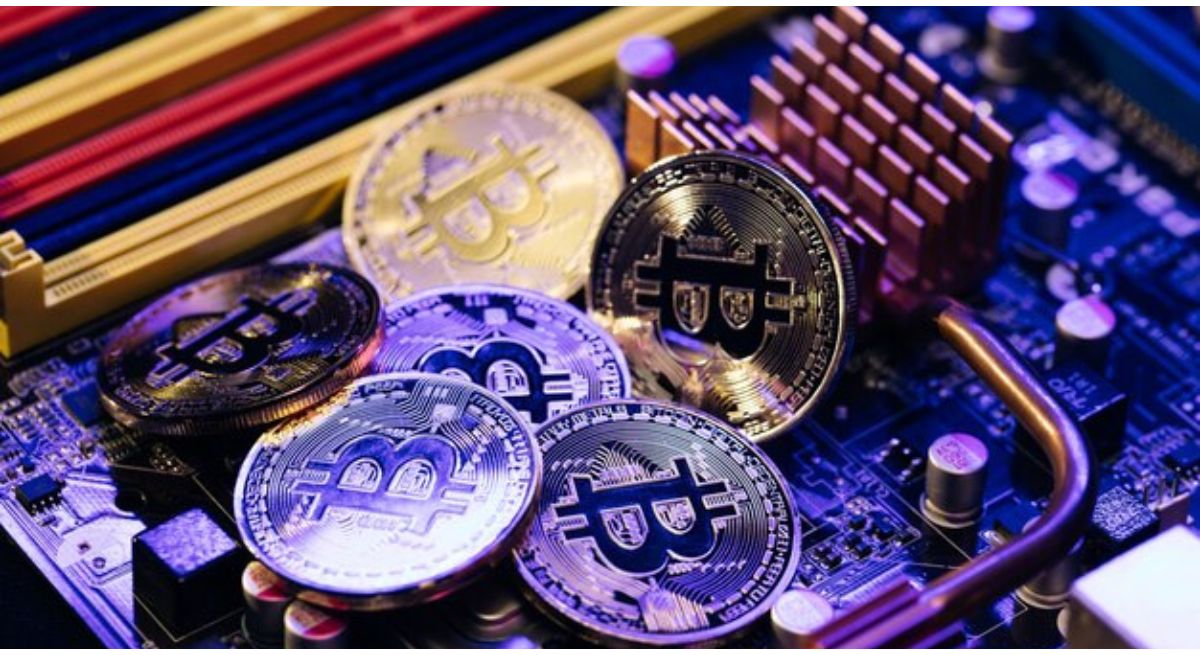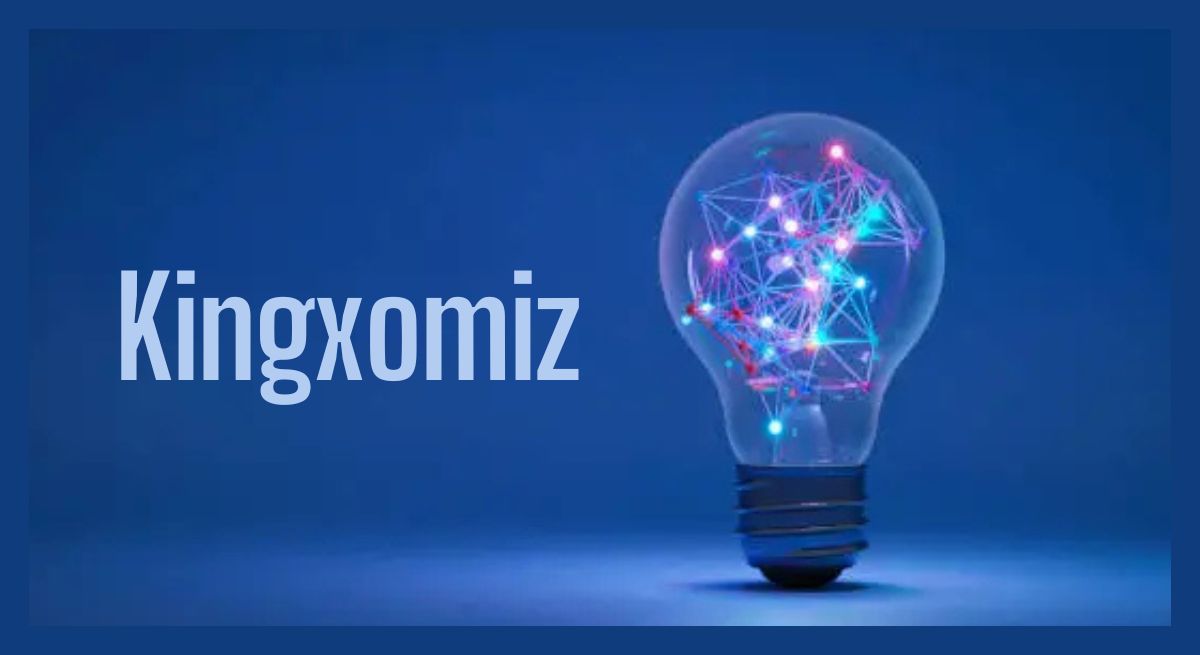Tech
TheJavaSea.me Leaks AIO-TLP: Cybersecurity Risks Explained

The internet is an ever-evolving space where information is both an asset and a liability. Among the various websites and platforms that surface in the cyber world, TheJavaSea.me has garnered significant attention due to its role in data leaks and the concept of AIO-TLP (All-in-One Threat Intelligence Leak Platform). This platform has been associated with large-scale data breaches, raising concerns about online security, personal data safety, and the ethical use of leaked information. In this article, we will explore the nature of TheJavaSea.me Leaks AIO-TLP, the implications of its leaks, and what individuals and organizations should do to safeguard themselves.
What is TheJavaSea.me?
TheJavaSea.me is a website that has gained notoriety for hosting leaked information, making it a focal point for cybersecurity discussions. While little is publicly known about its creators or operators, its presence has been acknowledged in various online forums and cybersecurity circles. The platform serves as a repository where compromised data, including personal credentials, financial records, and classified corporate information, are made available. This raises ethical concerns and legal risks for those who access or distribute such data.
Understanding AIO-TLP (All-in-One Threat Intelligence Leak Platform)
AIO-TLP, or All-in-One Threat Intelligence Leak Platform, is a term used to describe platforms that aggregate, categorize, and distribute leaked data. These platforms often claim to be resources for cybersecurity researchers and ethical hackers; however, their existence can also be exploited by malicious actors. AIO-TLP platforms provide a centralized location where leaked data from various sources are compiled, making it easier for cybercriminals to exploit vulnerabilities. Such platforms highlight the growing challenge of cyber threats and the difficulty of containing sensitive information once it has been compromised.
How TheJavaSea.me Became Popular
TheJavaSea.me rose to prominence due to the massive data breaches it allegedly hosts. With cybercriminals continuously finding ways to infiltrate networks and extract sensitive data, sites like TheJavaSea.me become valuable repositories for those looking for stolen information. The platform gained further popularity through exposure on underground forums, word-of-mouth within cybersecurity communities, and media reports discussing the dangers of leaked data. As a result, individuals ranging from ethical hackers to criminals seeking illicit access to information have taken an interest in this website.
Types of Leaks Found on TheJavaSea.me
One of the most concerning aspects of TheJavaSea.me is the variety of leaks found on the platform. Personal data breaches are among the most common, with exposed usernames, passwords, email addresses, and even financial details. Corporate data leaks are another significant category, involving internal emails, confidential business documents, and trade secrets. Additionally, some leaks pertain to government and military records, posing national security risks. These leaks not only threaten individual privacy but also have broader implications for businesses, economies, and governance.
How Leaked Data is Used
The consequences of leaked data can be severe. One of the primary risks is identity theft, where cybercriminals use stolen credentials to impersonate individuals, gain access to their accounts, or commit financial fraud. Corporate espionage is another concern, as leaked proprietary business information can be exploited by competitors or malicious entities. Additionally, ransomware attacks have become more prevalent, with hackers using leaked credentials to infiltrate systems and demand payments in exchange for restoring access. The widespread use of leaked data underscores the need for stricter cybersecurity measures and proactive protection against breaches.
Legal and Ethical Implications
Engaging with leaked data, whether by accessing, distributing, or utilizing it, carries significant legal and ethical implications. Many governments and cybersecurity agencies have taken a strong stance against websites like TheJavaSea.me, labeling them as illegal platforms that facilitate data breaches. Laws against cybercrime impose strict penalties on individuals who partake in unauthorized access to confidential information. Ethical concerns also arise, as the unauthorized exposure of personal and corporate data violates privacy rights and damages reputations. Navigating the fine line between cybersecurity research and illegal activities is a challenge that professionals and policymakers continue to address.
How to Protect Yourself from Data Leaks
Preventing data leaks requires a combination of proactive security measures and constant vigilance. Using strong passwords and enabling two-factor authentication (2FA) can significantly reduce the risk of unauthorized access to accounts. Regularly monitoring financial transactions and account activities helps detect suspicious behavior early on. Individuals and organizations should also stay informed about ongoing data breaches and take immediate action if their information is compromised. Employing robust cybersecurity tools, such as VPNs and encrypted communication channels, can further enhance data protection.
Is TheJavaSea.me Safe to Use?
While some argue that TheJavaSea.me serves as a tool for cybersecurity research, the risks associated with its use outweigh any potential benefits. The website itself may contain malware or tracking mechanisms that compromise users’ devices and data. Furthermore, legal repercussions for accessing or sharing leaked data can be severe, leading to criminal charges or civil lawsuits. Given these risks, cybersecurity professionals recommend avoiding platforms like TheJavaSea.me and seeking legitimate resources for cybersecurity research and threat intelligence.
Alternatives for Ethical Cybersecurity Research
For individuals interested in cybersecurity research, there are several ethical alternatives to TheJavaSea.me. “Have I Been Pwned?” is a widely recognized website that allows users to check if their credentials have been compromised in a data breach. Threat intelligence platforms such as Recorded Future and Open Threat Exchange offer legal ways to analyze cyber threats without engaging in illicit activities. Dark web monitoring services provided by cybersecurity firms help organizations track and mitigate data leaks without resorting to illegal sources. These alternatives ensure that cybersecurity research is conducted responsibly and within legal boundaries.
Future of Leaked Data Platforms
As governments and cybersecurity firms intensify their efforts to combat data breaches, the future of platforms like TheJavaSea.me remains uncertain. Law enforcement agencies have been actively shutting down similar websites and arresting individuals involved in data leaks. However, the constant evolution of cyber threats means that new platforms may emerge, necessitating continuous advancements in security measures. Strengthening international cybersecurity laws and promoting ethical hacking initiatives are crucial steps toward minimizing the impact of leaked data platforms.
Conclusion: TheJavaSea.me Leaks AIO-TLP
TheJavaSea.me and its association with AIO-TLP underscore the growing challenges in cybersecurity. With data breaches becoming increasingly common, individuals and organizations must prioritize data protection and ethical cybersecurity practices. Engaging with leaked data poses legal, ethical, and security risks, making it imperative to seek legitimate alternatives for cybersecurity research. By adopting robust security measures and staying informed, users can mitigate the risks associated with online data leaks and contribute to a safer digital environment.
FAQs
1. What kind of data is leaked on TheJavaSea.me?
The platform hosts a variety of leaks, including personal credentials, corporate documents, and government data.
2. Can accessing leaked data get me in trouble?
Yes, viewing or distributing leaked data may lead to legal consequences, including criminal charges.
3. How can I check if my data has been leaked?
You can use legitimate services like “Have I Been Pwned?” to check for data breaches affecting your accounts.
4. Are there legal cybersecurity research alternatives?
Yes, ethical platforms such as Recorded Future and Open Threat Exchange provide secure ways to analyze cyber threats.
5. What should I do if my data is leaked?
Change your passwords immediately, enable two-factor authentication, and monitor your accounts for any unusual activity.
-

 Crypto12 months ago
Crypto12 months agoCrypto30x.com Gemini: A Deep Dive into the Future of Crypto
-

 Blog12 months ago
Blog12 months agoFeedbackMagazines.org/: A Hub for Engaging Content
-

 News10 months ago
News10 months agoCristian Romero Opens Door to Tottenham Exit as Atletico Madrid Eyes £43 Million Move for Argentina Star
-

 News10 months ago
News10 months agoNancy Mace Faces Criticism and Support After Heated Exchange With Trans Activist at South Carolina Event
-

 Tech12 months ago
Tech12 months agoExploring Eporer: The Digital Revolution You Need to Know
-

 Crypto12 months ago
Crypto12 months agoCrypticStreet.com Guides: Your Ultimate Resource Hub
-

 News10 months ago
News10 months agoPassengers From Luxury Rovos Rail Train Thank Zimbabwe for Support as They Arrive in Victoria Falls After Collision Near Gwanda
-

 Tech12 months ago
Tech12 months agoKingxomiz: Unlocking Innovation and Personal Growth




